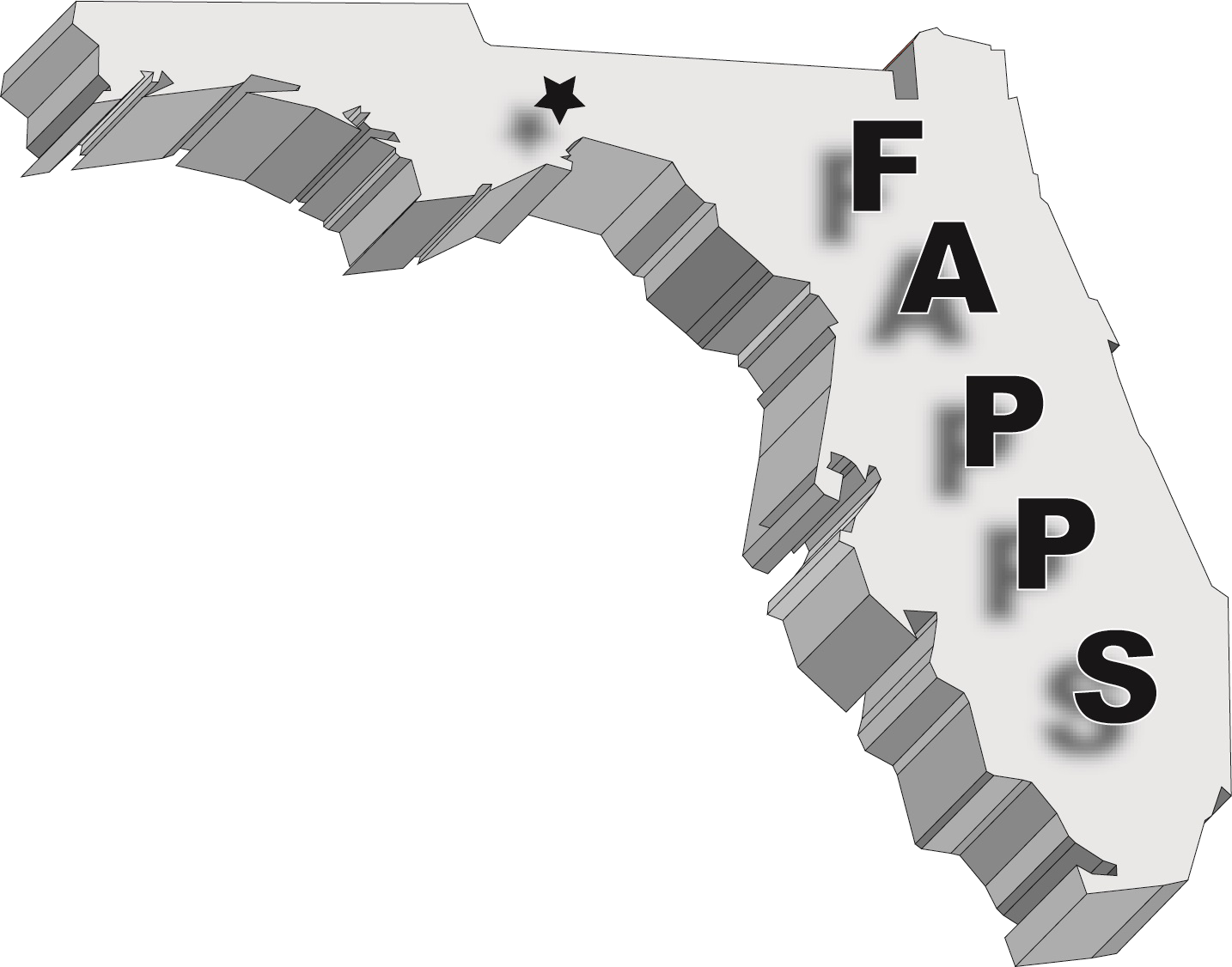Effective starting April 7th, 2022 The Consumer Credit Fairness Act
Governor Kathy Hochul signed into law the Consumer Credit Fairness Act last year, which goes into effect April 7th, 2022.
This legislation addresses the transparency of these cases by ensuring that the original debtor of the collection case is named, and that the time from when the debt initiated to when it goes to court is more reasonable. It tries to ensure that the plaintiff has a valid address for service and closes some of the loopholes that exist in the law which make it difficult for consumers to defend against these types of cases. It also sets forth additional procedures to be used by debt collectors when calling consumers and provides consumers with information on how to defend against such a lawsuit.
Within these new rules there are serious changes to The NY Civil Practice and Laws and Rules (CPLR) governing collection and service of consumer debt papers and lawsuits that are filed by 3rd party debt collectors in New York State.
Two major changes go into effect April 7th2022
- The statute of limitation for most debt collection actions changes from six years to three years. This will limit or prohibit attorneys from collection on older consumer debt transactions and this provision will apply retroactively to all consumer credit transactions.
- A payment toward a debt or a “written or oral affirmation of ownership of the debt will no longer allow a debt collector to extend the statute of limitations as it has hereto fore.
Additional changes go into effect regard filing and notice requirements on May 7th, 2022 including:
Changes to the Complaint:
- A copy of the original contract or credit agreement and charge off notice must be attached to the complaint when initiating the action
- The complaint must disclose the name of the original creditor, the last four digits of the account in question and the date and amount of the last payment.
Changes to the filing proof of service
- When filing the affidavit of service in a consumer debt case, the notice to the consumer has been amended. It is called an “Additional Notice of Lawsuit” this will get filed together with a postage-paid unsealed envelope addressed to the defendant. It will be submitted to the clerk of the court, at the same time as the proof of service, and the clerk will mail it to the to the consumer. The additional notice must be in English and Spanish. It explains to the consumer the consequences of the lawsuit and that they need to respond to the lawsuit.
- If the notice is returned by the United State Postal Service to the court clerk as undeliverable the court clerk will not accept an application for a default judgment.
Changes to the Motion for Default Judgement
- When filing a motion for summary judgment the plaintiff must submit to the court clerk an additional notice document marked “Important Notice” in English and Spanish together with a postage-paid unsealed envelope addressed to the defendant. The court clerk will then mail this notice to the consumer. This “Additional Notices” goes into detail explaining that a Motion for Judgement in the case was filed and advisees the respondent how to respond to the motion.
- When applying application for a default judgment, if the debt collector is not the original creditor, the 3rd party debt collector must submit supporting affidavits from the original creditor, prior assignors or sellers of the debt, and a witness for the collector who can verify the chain of title for the debt.
- Upon application for a default judgment, the plaintiff must also include an affidavit stating that after reasonable inquiry, has not expired.
Objections and Defense
- If a consumer raises the defense of improper service in his answer, he/she, will not be time barred if he does not file a motion to dismiss within 60days after serving the answer.
2021-2022 Legislative session bill https://www.nysenate.gov/legislation/bills/2021/a2382





